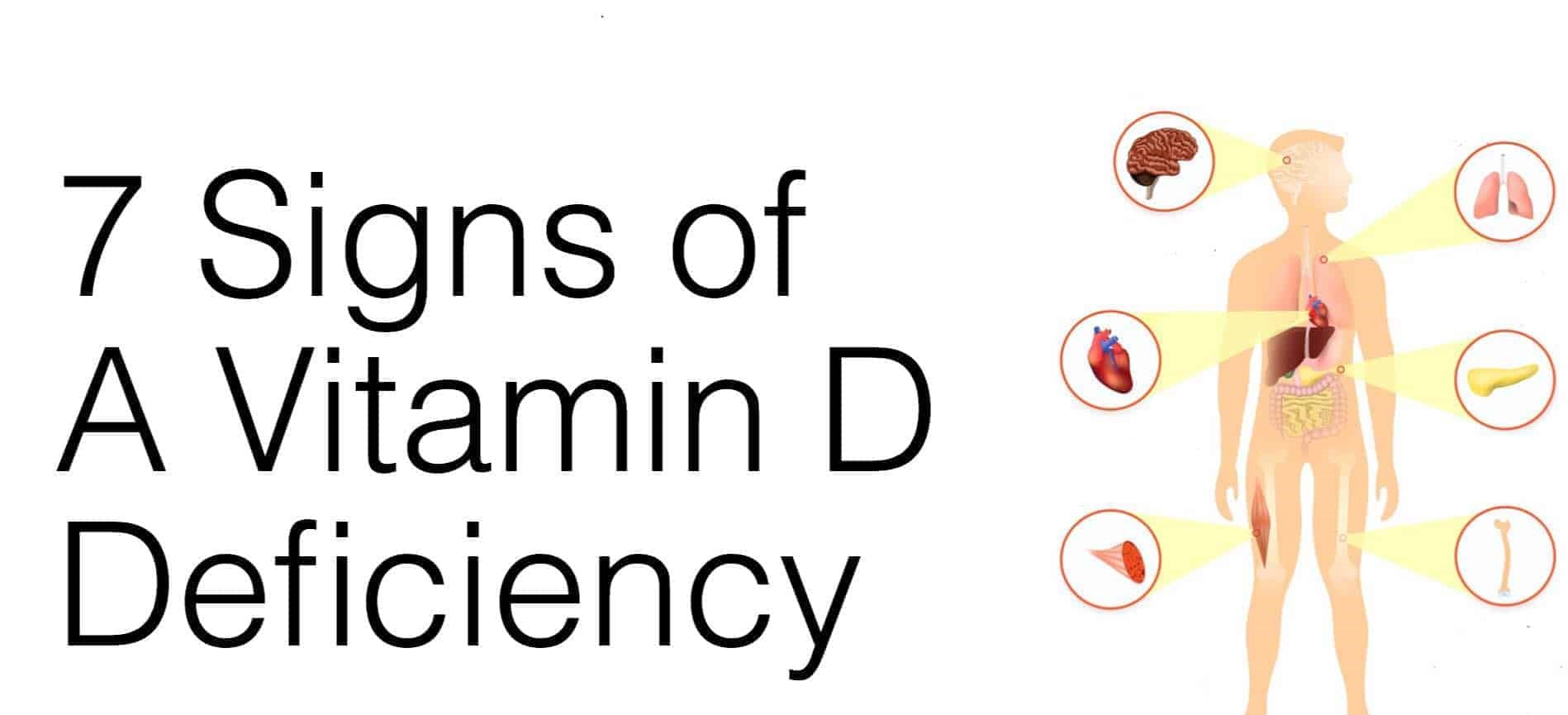Vitamin D Deficiency: 7 Signs, Causes, Treatment, and Health Risks Explained
Vitamin D is a crucial nutrient that plays a vital role in maintaining our overall health and well-being. However, many people worldwide suffer from a deficiency of this essential vitamin without even realizing it. In this blog post, we will explore the signs of vitamin D deficiency, its causes, treatment options, and the serious health issues that can arise from prolonged deficiency.
Signs of Vitamin D Deficiency
Fatigue and Weakness
Feeling constantly tired and lacking energy can be one of the early signs of vitamin D deficiency. If you find yourself experiencing fatigue even after a good night’s sleep, it might be worth investigating your vitamin D levels.
Frequent Illnesses and Infections
Vitamin D plays a crucial role in supporting a healthy immune system. If you often find yourself falling ill or catching infections easily, it could be a sign of a weakened immune system due to vitamin D deficiency.
Bone and Muscle Pain
Vitamin D is essential for maintaining bone health and proper muscle function. Deficiency can lead to bone and joint pain, muscle weakness, and even an increased risk of fractures.
Mood Disorders
Low levels of vitamin D have been associated with mood disorders like depression and anxiety. If you frequently experience low mood, irritability, or feelings of sadness, it might be worth considering your vitamin D status.
Hair Loss
While various factors can contribute to hair loss, vitamin D deficiency has been linked to hair thinning and even hair loss in some cases. If you’re experiencing unexplained hair problems, vitamin D deficiency could be a contributing factor.
Impaired Wound Healing
Vitamin D is involved in the production of compounds necessary for proper wound healing. If you notice that your cuts and wounds are taking longer to heal than usual, it could be a sign of vitamin D deficiency.
Bone Density Loss
Prolonged vitamin D deficiency can lead to decreased bone mineral density, increasing the risk of conditions like osteoporosis and fractures, particularly in older adults.
Causes and Treatment
The primary cause of vitamin D deficiency is insufficient exposure to sunlight, which is necessary for our bodies to produce vitamin D naturally. Other factors that can contribute to deficiency include a lack of dietary sources of vitamin D, such as fatty fish, eggs, and fortified dairy products, as well as certain medical conditions that impair vitamin D absorption.
To treat vitamin D deficiency, your healthcare provider may recommend supplements to bring your levels back to the optimal range. They will determine the appropriate dosage based on your individual needs and may suggest periodic blood tests to monitor your progress.
Serious Health Issues
Prolonged vitamin D deficiency can lead to serious health complications. It is associated with an increased risk of osteoporosis, fractures, cardiovascular diseases, autoimmune disorders, certain cancers, and even cognitive decline in older adults. Therefore, it is crucial to address and manage vitamin D deficiency promptly to prevent these potential long-term health issues.
Prevention and Lifestyle Considerations
Preventing vitamin D deficiency is key to maintaining optimal health. Here are some lifestyle considerations and preventive measures you can take:
Get Sufficient Sun Exposure
Sunlight is a natural source of vitamin D. Aim to spend 10 to 30 minutes in the sun, a few times a week, with a large portion of your skin exposed. However, it’s essential to balance sun exposure to avoid harmful effects like sunburn or skin damage. Adjust the duration based on your skin type, time of day, and geographical location.
Dietary Sources
While sunlight is the primary source, incorporating vitamin D-rich foods into your diet can be beneficial. These include fatty fish (salmon, mackerel, sardines), fortified dairy products, egg yolks, mushrooms, and fortified plant-based milk alternatives.
Supplements
In cases where sunlight exposure and dietary sources are inadequate or if you have a medical condition affecting vitamin D absorption, supplements may be recommended. Consult with your healthcare provider to determine the appropriate dosage and type of supplement suitable for your specific needs.
Regular Exercise
Engaging in regular physical activity, including weight-bearing exercises like walking or strength training, can help maintain healthy bones and improve overall well-being.
Regular Check-ups
Periodic monitoring of your vitamin D levels through blood tests can ensure that you maintain adequate levels and address any deficiencies promptly.
Recognizing the signs of vitamin D deficiency is essential for maintaining optimal health. If you experience any of the mentioned symptoms, it is advisable to consult with your healthcare provider to get your vitamin D levels tested. By identifying and treating a deficiency early on, you can mitigate the risk of serious health issues and improve your overall well-being. Additionally, ensure you get adequate sunlight exposure and include vitamin D-rich foods in your diet to support your body’s needs for this vital nutrient.












